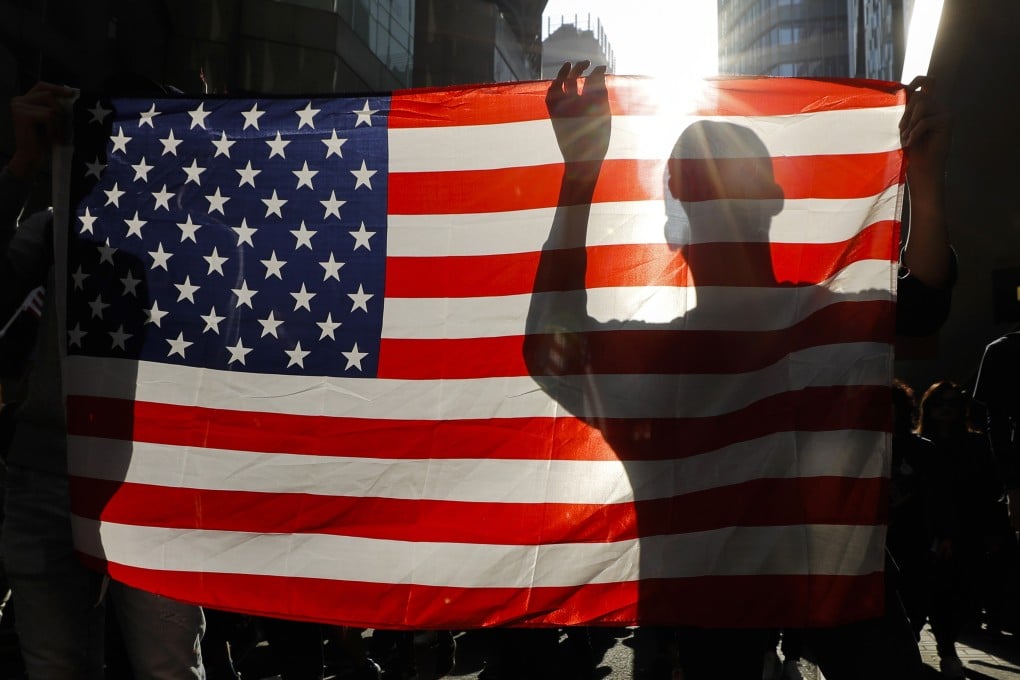China threatens visa curbs on US officials over Hong Kong and Xinjiang
- Beijing considers further retaliation against Washington’s ‘interference’ in its internal affairs
- Staff of sanctioned US NGOs in Hong Kong could be barred from the city

US officials and lawmakers could face visa restrictions in China, as Beijing considers retaliatory measures against Washington for what it calls interference in Chinese internal affairs over Xinjiang and Hong Kong.
Hu Xijin, editor-in-chief of Global Times, a nationalist newspaper affiliated with Communist Party mouthpiece People’s Daily, linked a Xinjiang-related bill going through US Congress and “odious performance on Xinjiang issues” by US officials and legislators with the proposed visa restrictions. He added that China “might also ban all US diplomatic passport holders from entering Xinjiang”.
In a separate tweet, Global Times said an unnamed source had indicated that China would soon release an “unreliable entity list” that would include “relevant US entities”. The move was also linked to the US legislation relating to Xinjiang.
Experts from the United Nations and activists say at least 1 million Uygurs, and members of other largely Muslim minority groups, have been detained in Xinjiang. US officials, including Secretary of State Mike Pompeo, have also publicly criticised China for conditions in the region.